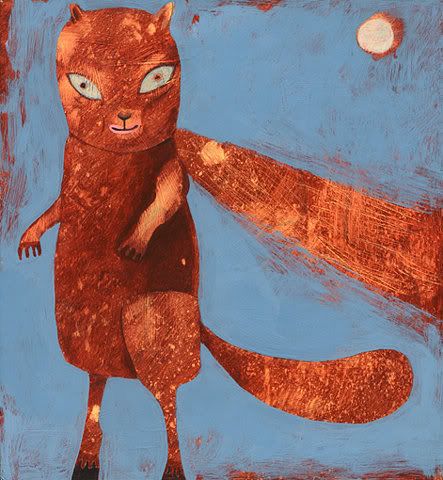Disappointment, embarrassment, and all the places where we cannot feel good are a sort of death. We've just lost our ground completely; we are unable to hold it together and feel that we're on top of things. Rather than realizing that it takes death for there to be birth, we just fight against the fear of death.
Reaching our limit is not some kind of punishment. It's actually a sign of health that when we meet the place we are about to die, we feel fear and trembling. But usually we don't take it as a message that it's time to stop struggling and look directly at what's threatening us. Things like disappointment and anxiety are messages telling us that we're about to go into unknown territory.
When we get what we don't want, when we don't get what we do want, when we become ill, when we're getting old, when we're dying---when we see any of these things in our lives---we can recognize suffering as suffering. Then we can be curious, notice, and be mindful of our reactions. Our suffering is so grounded in our fear of impermanence.
Our pain is so rooted in our lopsided view of reality. Who ever got the idea that we could have pleasure without pain? It's promoted rather widely in this world, and we buy it. But pain and pleasure go together; they are inseparable. They can be celebrated. They are ordinary. Birth is painful and delightful. Death is painful and delightful. Everything that ends is also the beginning of something else. Pain is not a punishment; pleasure is not a reward.
Recognize Suffering, by Pema Chödrön

{Image linked/Programming by DPC}

